The V&A puts the camera in the spotlight
Marta Weiss, the museum's curator of photographs, discusses The Camera Exposed, a new exhibition that focuses on the instrument itself
A free daily email with the biggest news stories of the day – and the best features from TheWeek.com
You are now subscribed
Your newsletter sign-up was successful
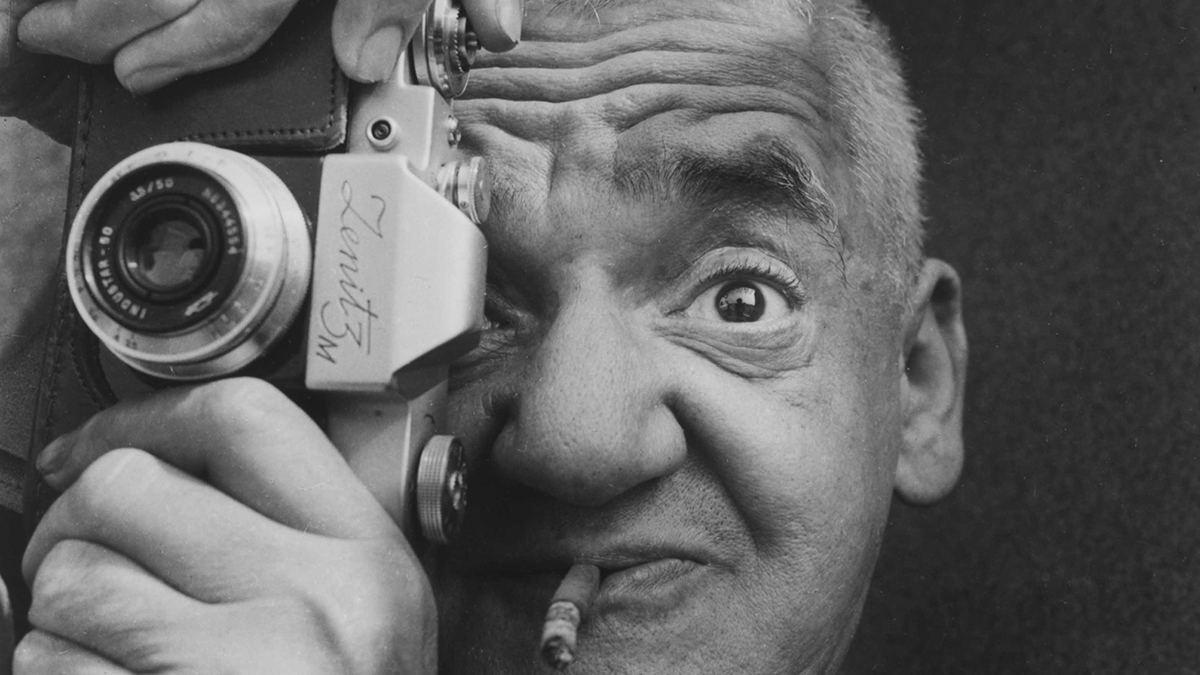
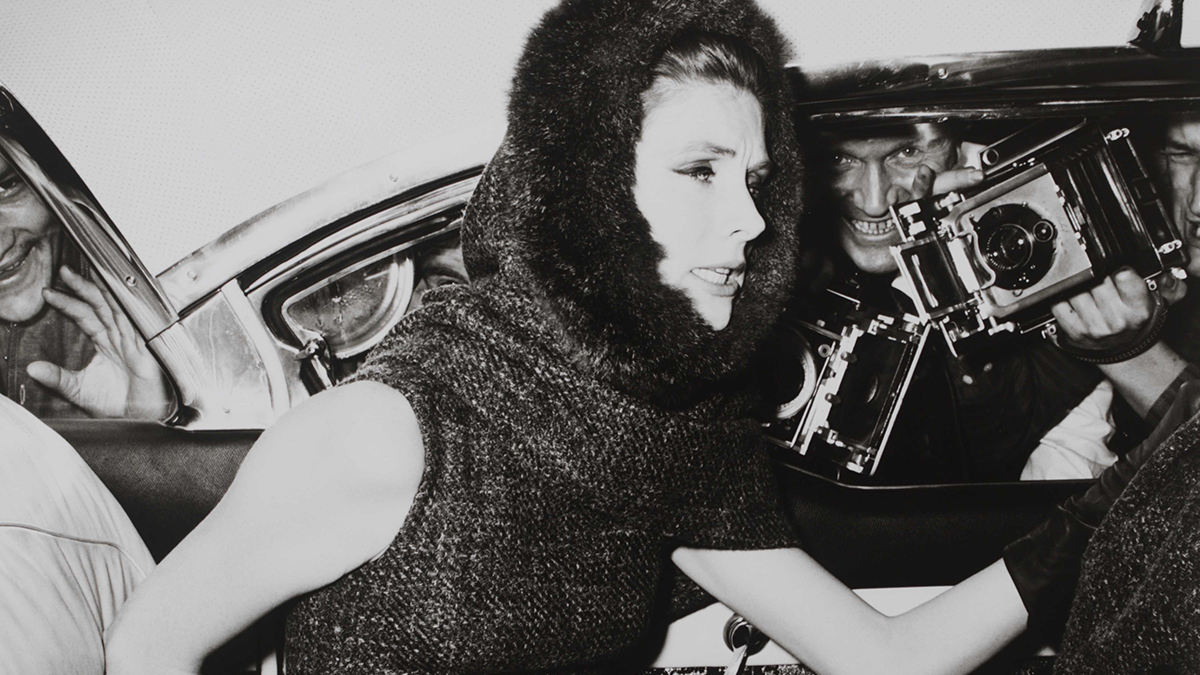
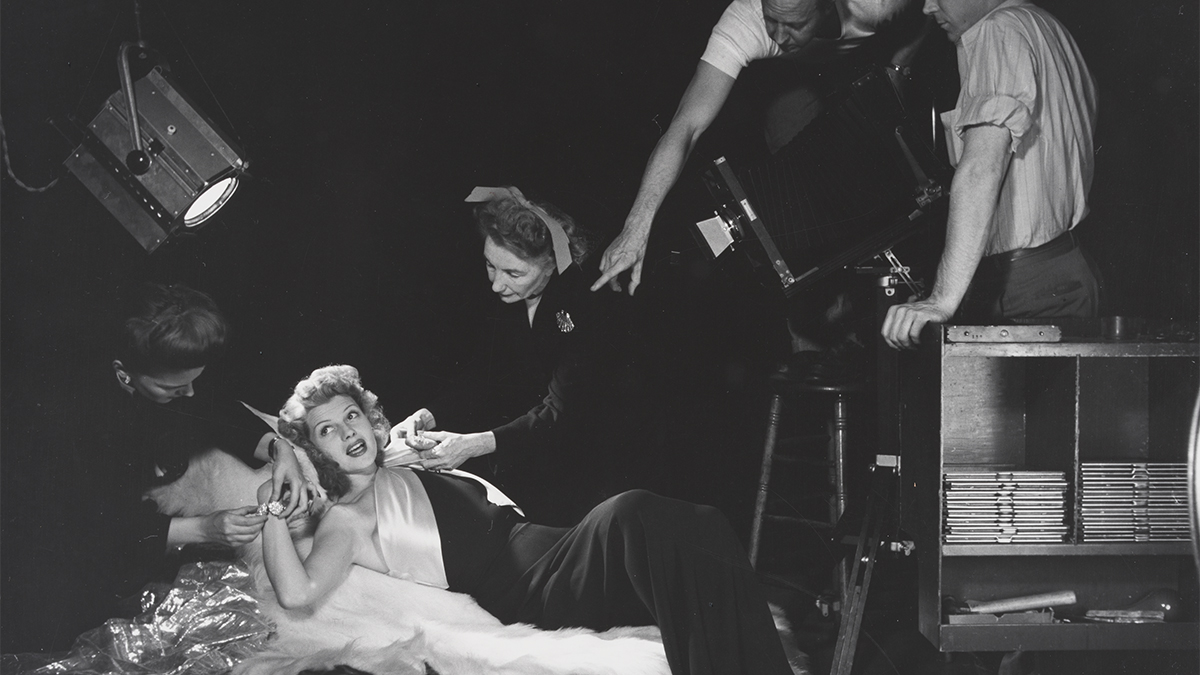
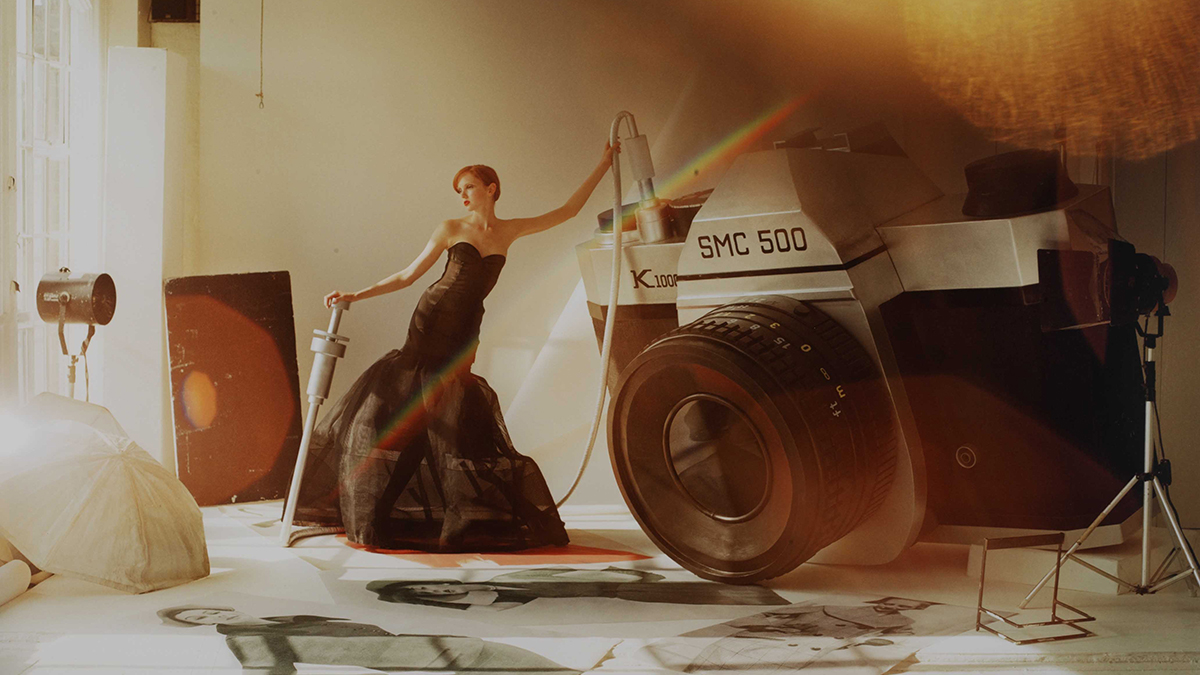
London's V&A was the first museum in the world to collect photographs, and today it holds an impressive 500,000-plus works in its collections, from 1839 to the present day.
The Camera Exposed is a new exhibition that delves deeper into the photographer's relationship with the tools of his or her trade, and examines how cameras themselves have been captured in images throughout the decades.
Here, we talk with Dr Marta Weiss on the vision behind the exhibition, and why analogue photography will never go out of style – even in the digital age.
The Week
Escape your echo chamber. Get the facts behind the news, plus analysis from multiple perspectives.

Sign up for The Week's Free Newsletters
From our morning news briefing to a weekly Good News Newsletter, get the best of The Week delivered directly to your inbox.
From our morning news briefing to a weekly Good News Newsletter, get the best of The Week delivered directly to your inbox.

Why did you decide to put together The Camera Exposed?
Even though more photographs are being taken today than ever before, most are made with cameras built into devices such as smartphones, and not with stand-alone equipment. It seemed like the time was ripe to explore the long tradition of photographers depicting themselves and others with their cameras, as well as photographing cameras on their own. The earliest works on display are from the 1850s, while the most recent date from just a few years ago.
What are the motivations behind someone photographing their camera?
The camera can act as a mask for a photographer – it can hide an individual's features, but it can also stand in for the photographer, reinforcing his or her identity. This exhibition features portraits of photographers with their apparatus serving as a kind of symbol of the profession, as well as numerous self-portraits in which photographers knowingly or even playfully capture themselves in the act of making photographs.
A free daily email with the biggest news stories of the day – and the best features from TheWeek.com

Which key works can visitors see at the exhibition?
There is a great variety of work, ranging from reflections and shadows of photographers and their cameras to photographs of paparazzi – both real and staged – angling for a shot. Some of the best-known names featured are Eve Arnold, Eugene Atget, Bill Brandt, Lee Friedlander, Andre Kertesz, Philippe Halsman, Tim Walker and Weegee. There is also a collection of about 50 anonymous 20th-century snapshots, including cameras that show the widespread appeal of the subject.
How do you think modern technology has changed the photographer's relationship with the camera?
I find it interesting that the photographer's physical relationship to the camera has changed in the digital age. Today, many photographs are composed by looking at an image on a screen, rather than through a viewfinder, so there is often a greater physical distance between the photographer and the camera than there was in the past. In the exhibition, there are images of cameras on tripods that photographers focus while standing under a dark cloth, images of photographers bent over Rolleiflex cameras held at waist level, and numerous examples of photographers holding 35mm cameras up to their eyes.

Will there continue to be a place for stand-alone cameras in the future?
Although almost all the cameras pictured in this exhibition are traditional film cameras, there are still plenty of photographers, both amateur and professional, using stand-alone cameras (as opposed to smartphones or tablets) today. Most of these are digital cameras, but there is continuing – perhaps even growing – interest in analogue photography. I think there will always be those who are interested in experimenting with cameras of previous eras, and right now there seems to be a particular surge in people looking for alternatives to digital imagery.
The Camera Exposed is at the V&A until 5 March 2017; vam.ac.uk
-
 Political cartoons for February 15
Political cartoons for February 15Cartoons Sunday's political cartoons include political ventriloquism, Europe in the middle, and more
-
 The broken water companies failing England and Wales
The broken water companies failing England and WalesExplainer With rising bills, deteriorating river health and a lack of investment, regulators face an uphill battle to stabilise the industry
-
 A thrilling foodie city in northern Japan
A thrilling foodie city in northern JapanThe Week Recommends The food scene here is ‘unspoilt’ and ‘fun’
-
 Nan Goldin: The Ballad of Sexual Dependency – an ‘engrossing’ exhibition
Nan Goldin: The Ballad of Sexual Dependency – an ‘engrossing’ exhibitionThe Week Recommends All 126 images from the American photographer’s ‘influential’ photobook have come to the UK for the first time
-
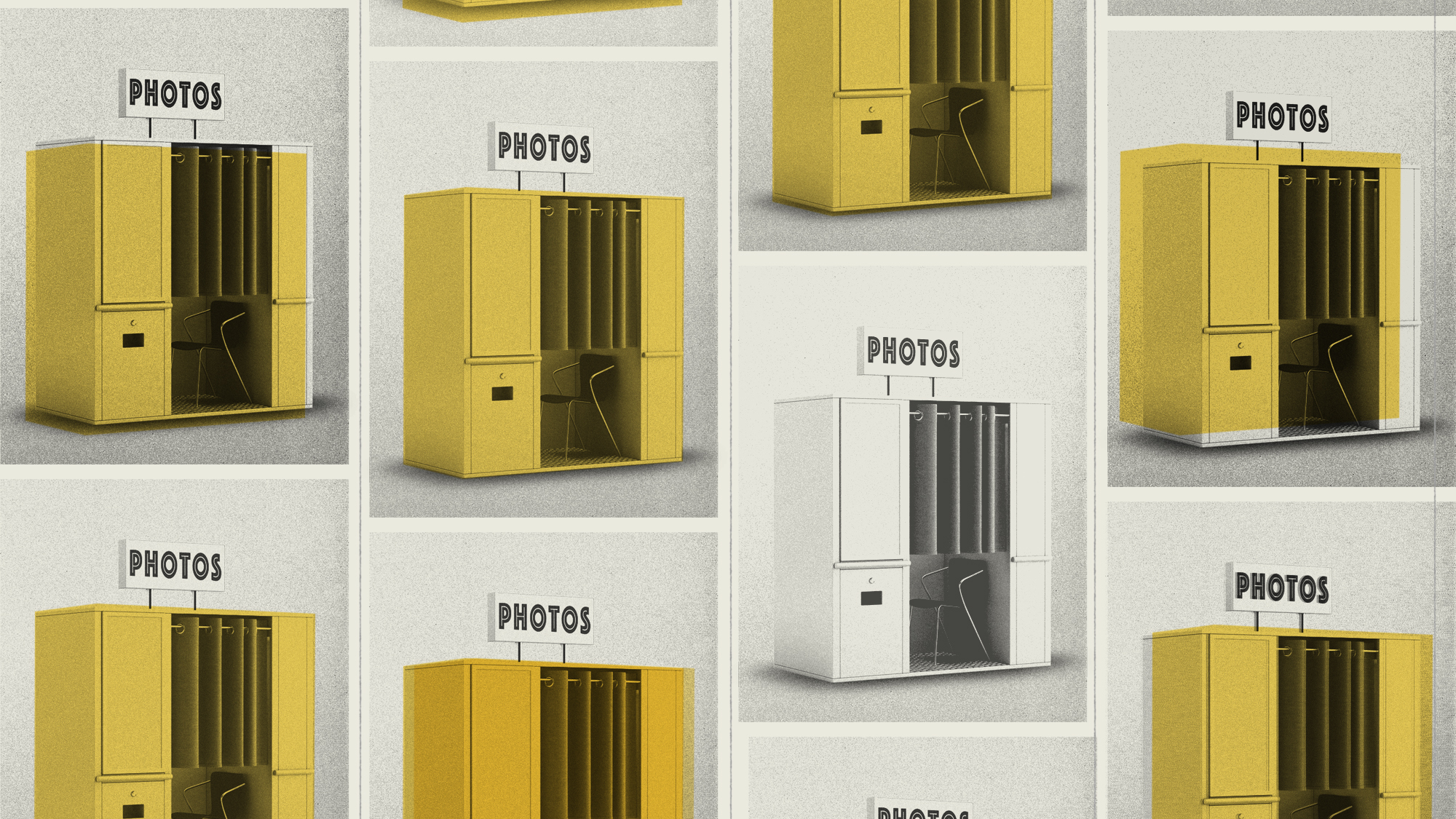 Why photo booths are enjoying a revival
Why photo booths are enjoying a revivalIn The Spotlight It’s 100 years since it first appeared, but the photo booth is far from an analogue relic
-
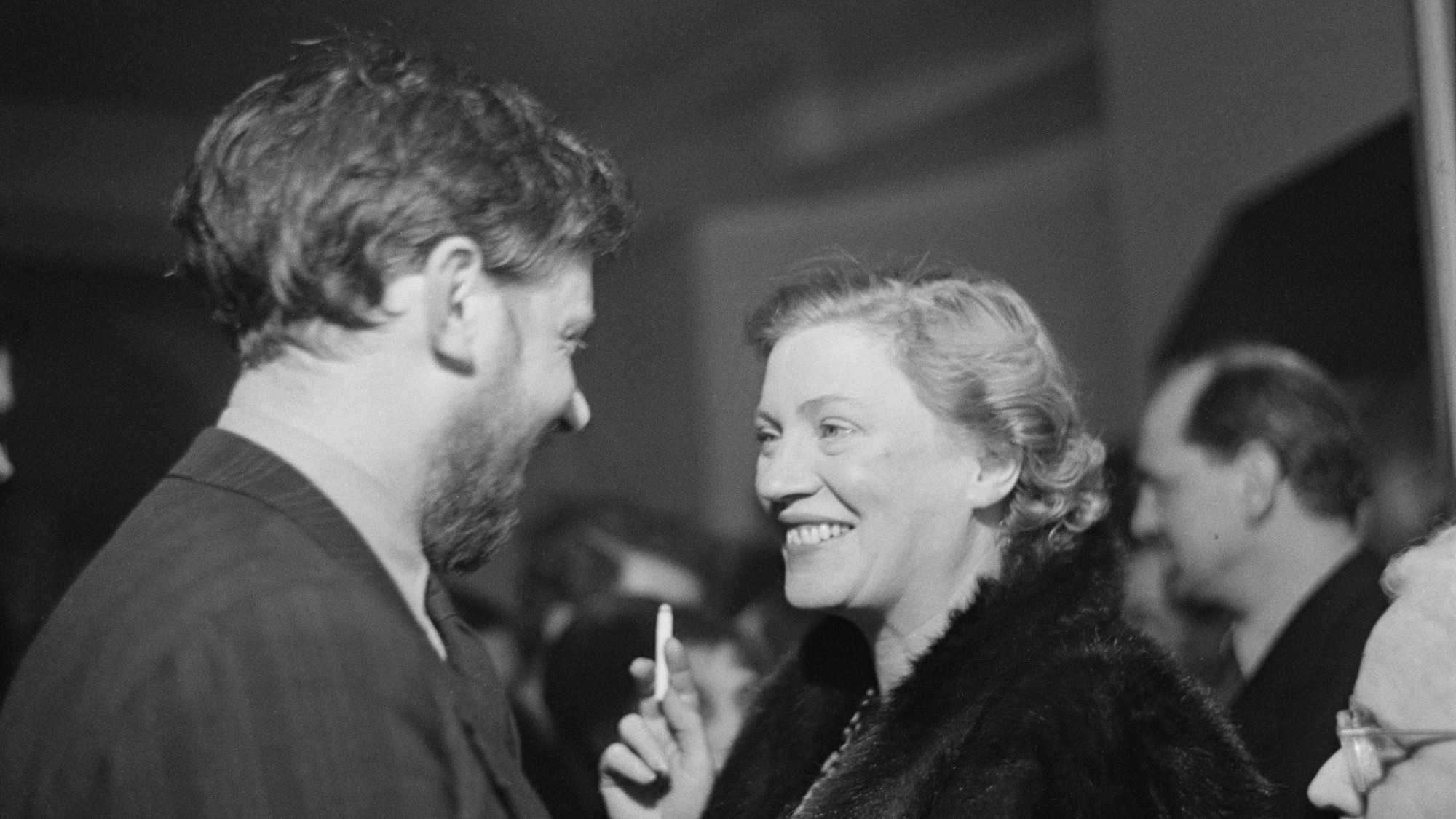 Lee Miller at the Tate: a ‘sexy yet devastating’ show
Lee Miller at the Tate: a ‘sexy yet devastating’ showThe Week Recommends The ‘revelatory’ exhibition tells the photographer’s story ‘through her own impeccable eye’
-
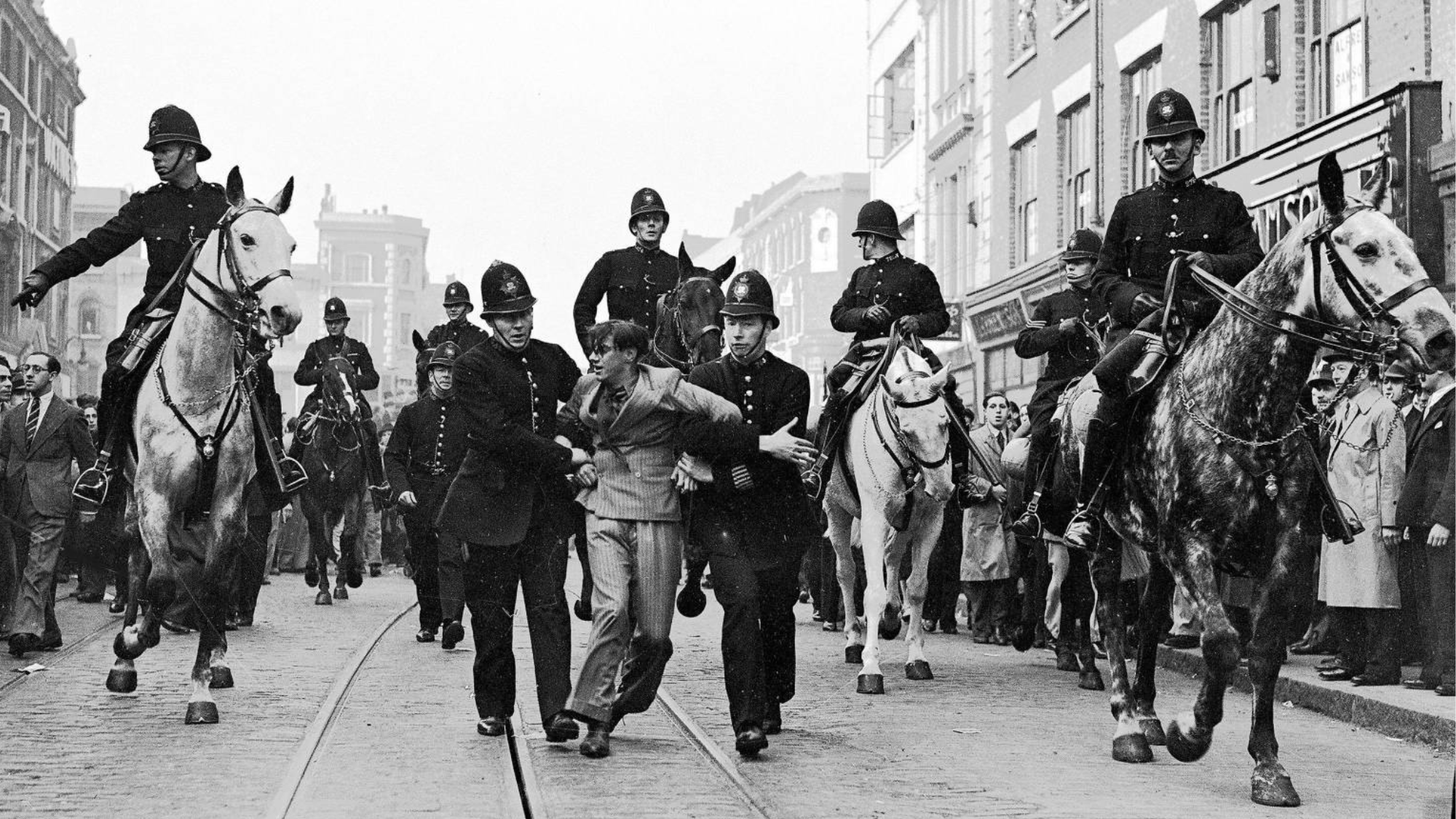 Resistance: 'compelling' show captures a century of protest
Resistance: 'compelling' show captures a century of protestThe Week Recommends Turner prizewinner Steve McQueen curates 'fascinating' photography exhibition in Margate
-
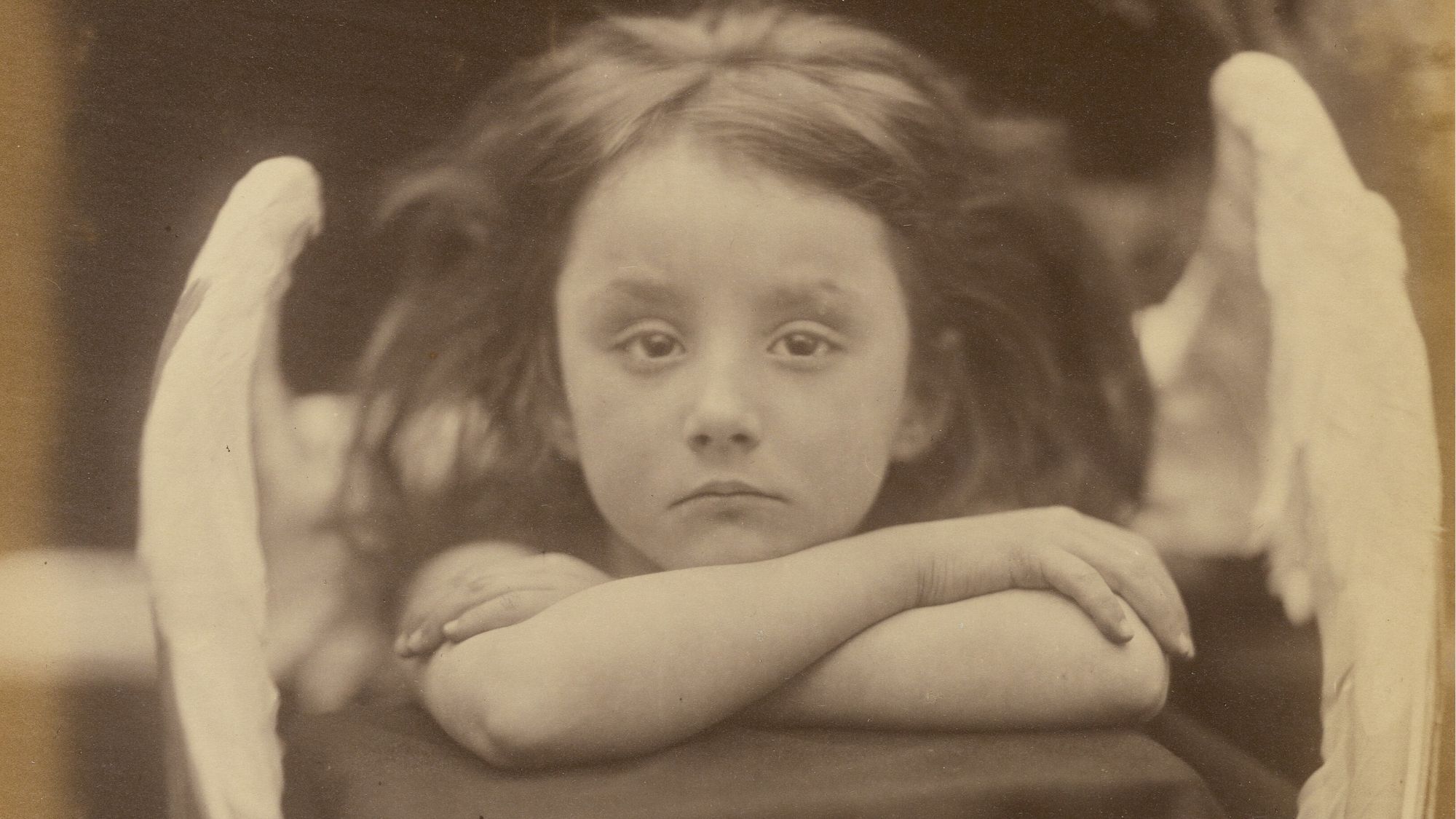 Francesca Woodman and Julia Margaret Cameron: experimental portrait photography
Francesca Woodman and Julia Margaret Cameron: experimental portrait photographythe week recommends Their careers are separated by time but joined by their shared interest in spectral, dream-like atmospheres
-
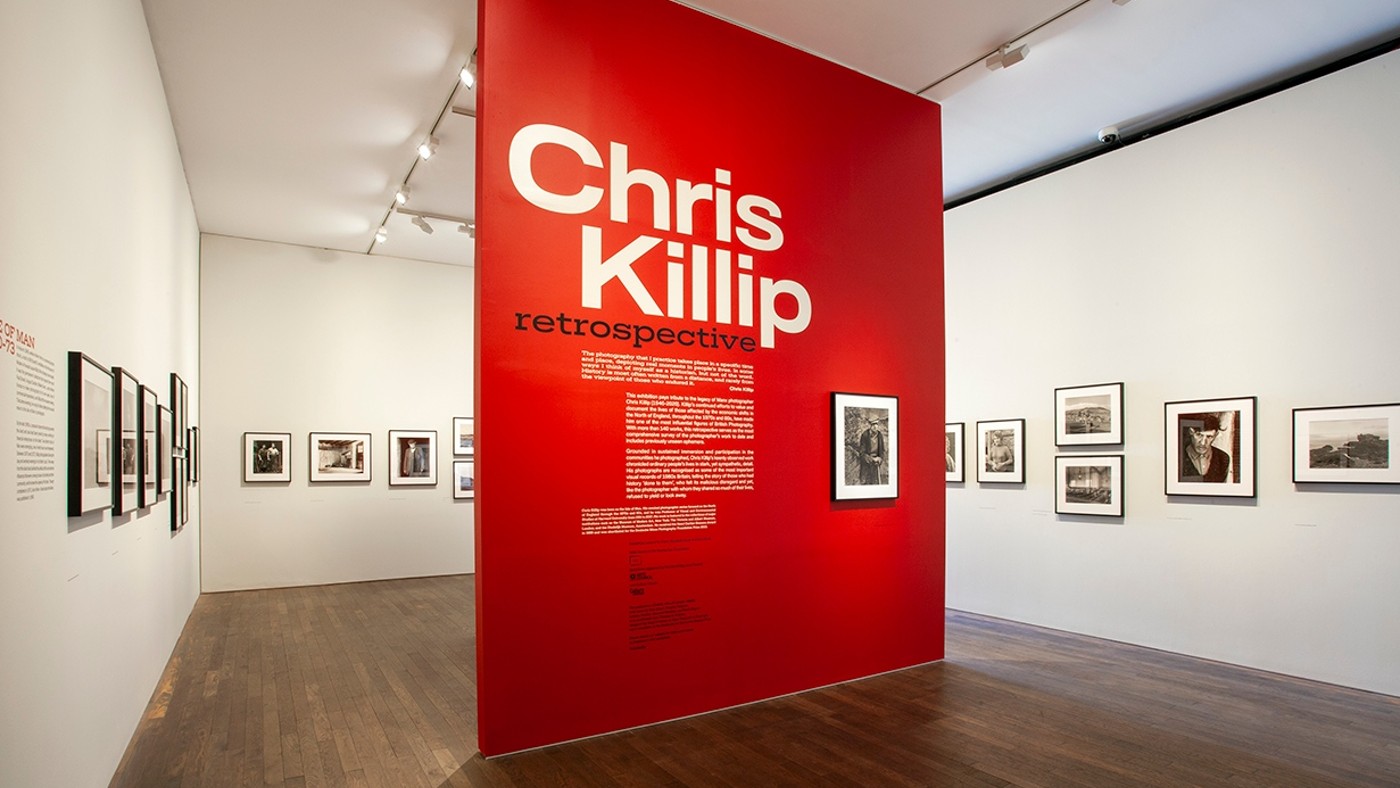 Chris Killip: Retrospective at The Photographers’ Gallery review
Chris Killip: Retrospective at The Photographers’ Gallery reviewThe Week Recommends Superb and timely exhibition features ‘beautiful and painfully moving’ images
-
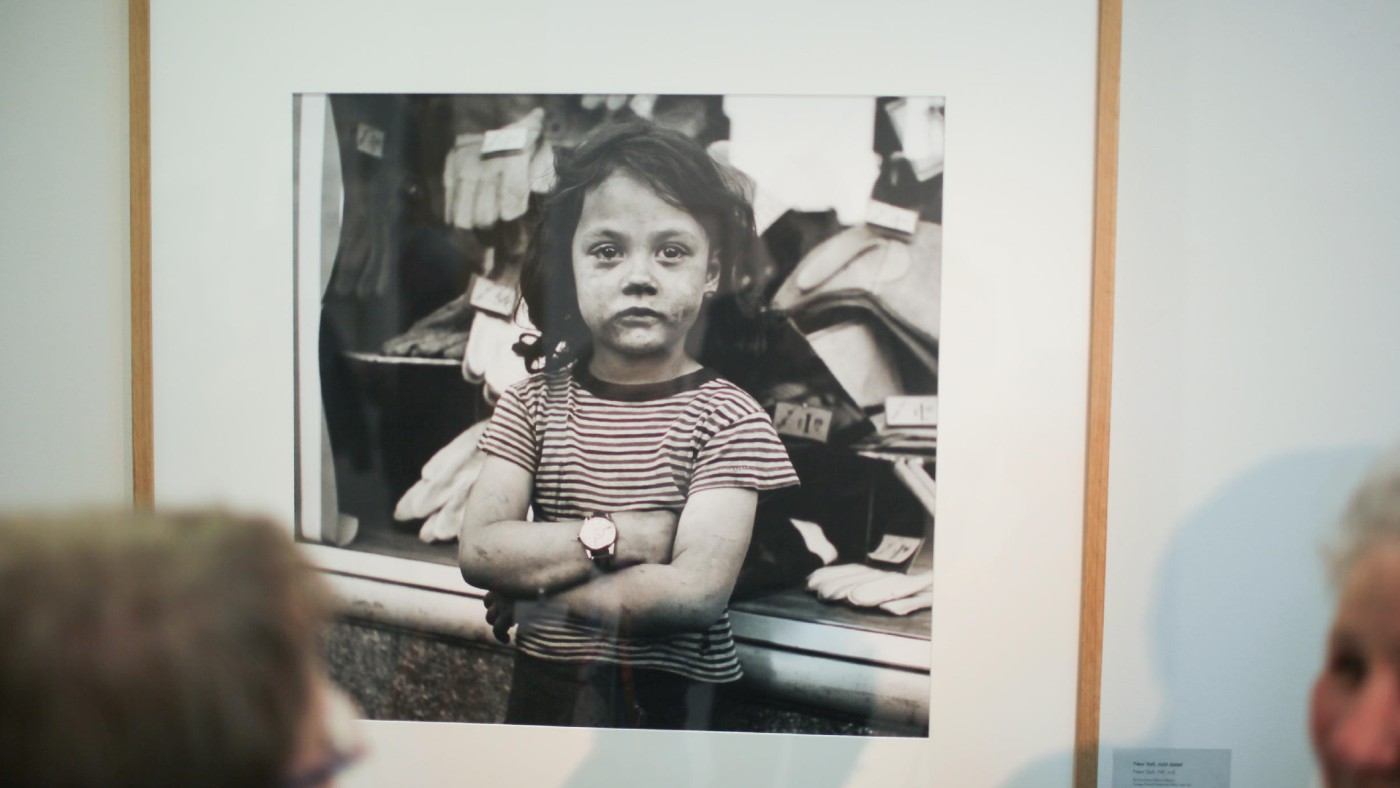 Vivian Maier: Anthology – this MK Gallery show is ‘pure pleasure’
Vivian Maier: Anthology – this MK Gallery show is ‘pure pleasure’The Week Recommends Exhibition marks first time that Maier’s photography has been shown in the UK
-
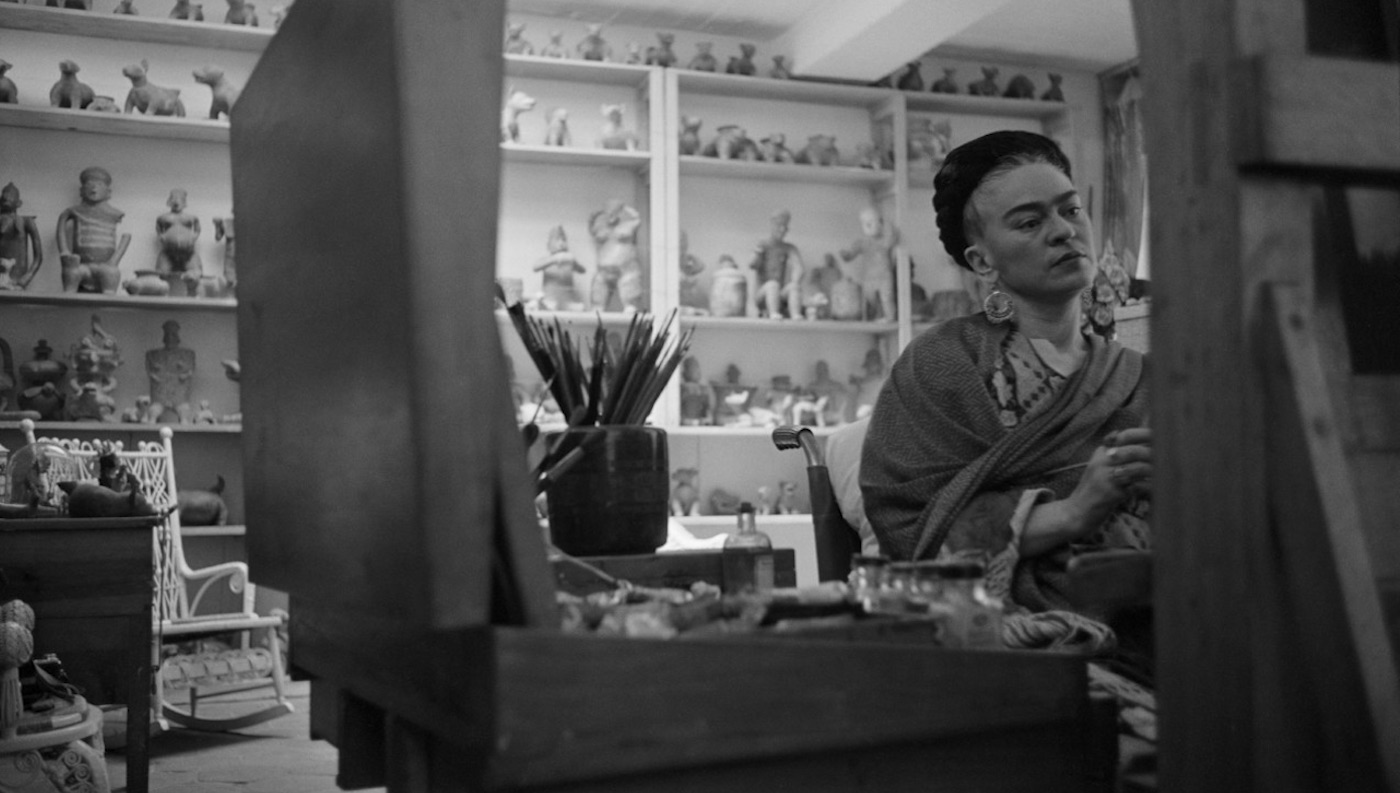 Magnum Photos: Where Ideas Are Born – 20th century art icons in their studios
Magnum Photos: Where Ideas Are Born – 20th century art icons in their studiosUnder the Radar An intimate look at modern and contemporary masters shot by legendary Magnum photographers